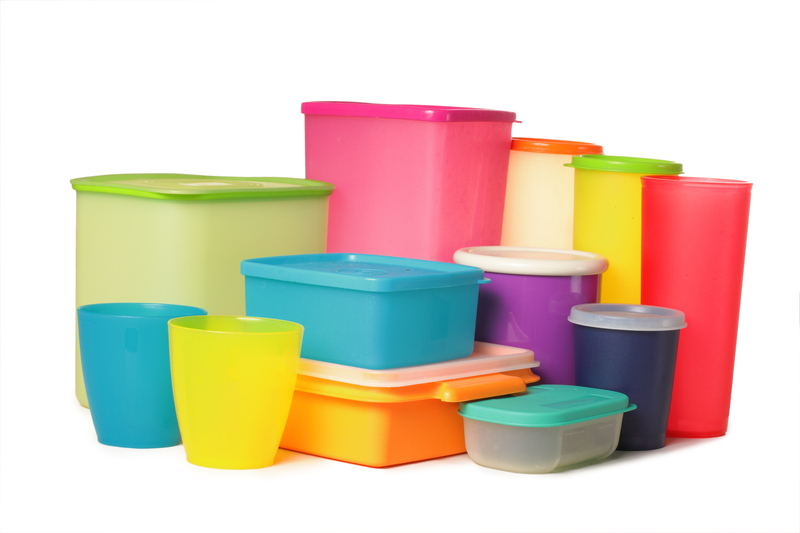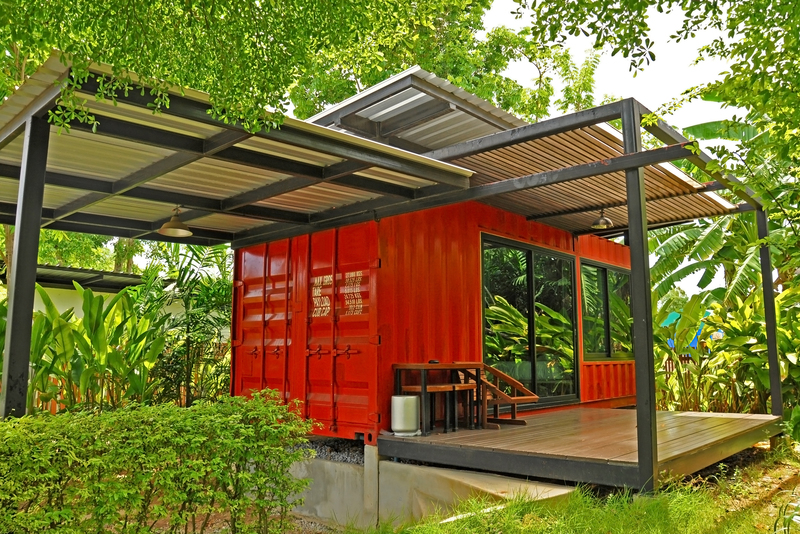Effective Disposal of Everyday Waste Items
Posted on 14/11/2024
In an era of increasing environmental awareness, the effective disposal of everyday waste items has never been more critical. Proper waste disposal not only helps in conserving the environment but also contributes to public health and well-being. This comprehensive guide will delineate various strategies and methods for disposing of different types of waste items, ensuring that you contribute to a sustainable future.
Importance of Proper Waste Disposal
Before delving into the methods of waste disposal, it is imperative to understand why it is essential to dispose of waste properly. Improper disposal can harm the environment, leading to pollution, the spread of diseases, and can also attract pests. Additionally, it can result in the depletion of natural resources and contribute to climate change.

Types of Waste
Waste can be broadly categorized into several types: organic, recyclable, hazardous, and general waste. The subsequent sections will explore these categories in detail, presenting efficient disposal strategies for each.
Organic Waste
Organic waste includes kitchen scraps, garden waste, and other biodegradable materials. This type of waste can be turned into valuable compost, which enriches soil and promotes healthy plant growth.
Methods for Disposing Organic Waste
- Composting: Composting is an effective way of managing organic waste. It involves breaking down biodegradable waste into nutrient-rich compost, which can be used to enrich garden soil.
- Vermicomposting: Similar to composting, but involves the use of worms to accelerate the breakdown of organic matter, resulting in higher quality compost.
- Municipal Organic Waste Collection: Many municipalities offer organic waste collection services, where organic waste is collected separately and processed at a central facility.
Recyclable Waste
Recyclable waste includes materials like paper, glass, metals, and certain plastics, which can be processed and reused, reducing the need for new raw materials.
Methods for Disposing Recyclable Waste
- Segregation: Start by segregating recyclable waste from non-recyclable waste. This can be done at the source by using separate bins for different types of recyclable materials.
- Drop-off Centers: Many communities have drop-off centers where residents can take their sorted recyclable materials.
- Curbside Recycling Programs: These programs provide residents with recycling bins and schedule regular pickups for recyclable materials.
Hazardous Waste
Hazardous waste includes items like batteries, paint, chemicals, and electronic waste (e-waste). Improper disposal of hazardous waste can pose significant risks to human health and the environment. Therefore, it requires special handling.
Methods for Disposing Hazardous Waste
- Household Hazardous Waste Collection Programs: Many communities have programs specifically designed for the collection and proper disposal of household hazardous waste.
- Special Facilities: Some communities have facilities dedicated to the treatment and disposal of hazardous waste.
- Retail Take-Back Programs: Many retailers offer take-back programs for items like batteries and electronics, ensuring that they are disposed of responsibly.
General Waste
General waste includes non-recyclable, non-hazardous waste such as food wrappers, disposable diapers, and other everyday items. Although this type of waste does not pose significant risks, it still requires proper disposal to avoid littering and reduce landfill use.
Methods for Disposing General Waste
- Landfills: General waste is often sent to landfills, where it is buried. While landfills are a common disposal method, they are not sustainable in the long run due to space constraints and environmental concerns.
- Incineration: Some waste is incinerated, converting it into ash, flue gas, and heat. This method reduces the volume of waste but can contribute to air pollution if not managed properly.
- Waste-to-Energy (WtE): This innovative method converts waste into usable energy. It involves burning waste to produce electricity or heat, thereby reducing landfill use and generating renewable energy.

Tips for Reducing Waste Generation
While effective disposal is crucial, reducing the amount of waste generated is equally important. Here are some practical tips for minimizing waste generation:
- Opt for Reusable Products: Choose reusable items over disposable ones. For instance, use cloth bags instead of plastic ones, and opt for reusable water bottles.
- Buy in Bulk: Purchasing products in bulk reduces packaging waste. It is a cost-effective and environmentally friendly option.
- Repair and Repurpose: Repair broken items whenever possible instead of discarding them. Additionally, get creative with repurposing items instead of throwing them away.
- Mindful Shopping: Be mindful of your purchases. Avoid buying items that you do not need or items with excessive packaging.
Conclusion
Effective disposal of everyday waste items is a responsibility that each of us must take seriously. By understanding the different types of waste and employing appropriate disposal methods, we can significantly reduce our environmental footprint. Additionally, adopting waste reduction strategies can help us minimize the amount of waste we generate, further contributing to a sustainable future. Together, we can create a cleaner, healthier planet for generations to come.
Latest Posts
Enhance Business Efficiency with Waste Collection

